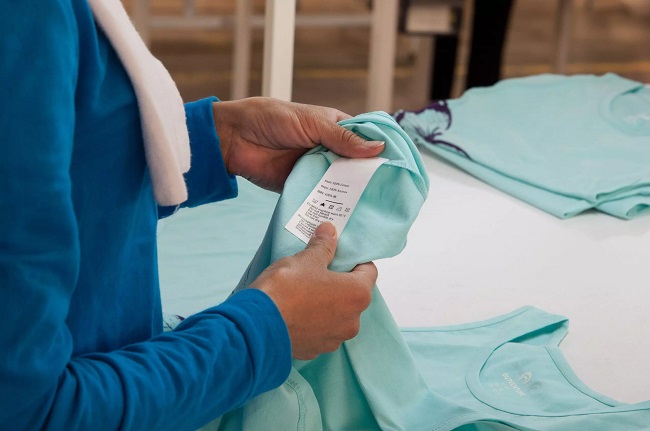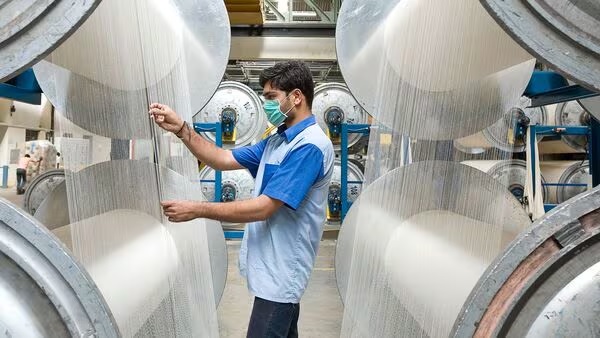Leading labour rights groups warn that factory owner influence in Bangladesh is undermining the garment industry’s top workplace safety programme, endangering workers. In a memorandum to global apparel brands, the Clean Clothes Campaign (CCC), Worker Rights Consortium (WRC), and Maquila Solidarity Network (MSN) call for urgent reforms to restore the programme’s integrity.
The International Accord for Health and Safety in the Textile and Garment Industry, a binding agreement between brands and unions, has saved thousands of lives. However, in 2020, its Bangladesh operations were transferred to the Ready-Made-Garment Sustainability Council (RSC), where employers gained influence, weakening enforcement and sidelining worker representatives.
New research reveals employer interference has weakened safety enforcement, allowed non-compliant factories to keep exporting, and delayed a crucial boiler safety programme.
The RSC emerged after resistance from factory owners backed by the Sheikh Hasina government. With Bangladesh’s political shift, NGOs urge brands to push for restructuring the RSC to remove employer control, ensuring it can protect garment workers without obstruction.
The memorandum stresses that brands must uphold safety commitments, pay fair prices to suppliers, and support reforms. The Accord remains the strongest model for workplace safety, but its governance must remain free from corporate interference.
The issue will also be a key topic at this week’s OECD Forum on Due Diligence in the Garment and Footwear Sector, highlighting global interest in binding agreements for human rights compliance.
“A governance reset is crucial to safeguard workers’ rights and maintain alignment with due diligence laws,” said Ineke Zeldenrust of CCC. NGOs urge brands to act swiftly to protect workers and sustain Bangladesh’s position in global apparel production.











